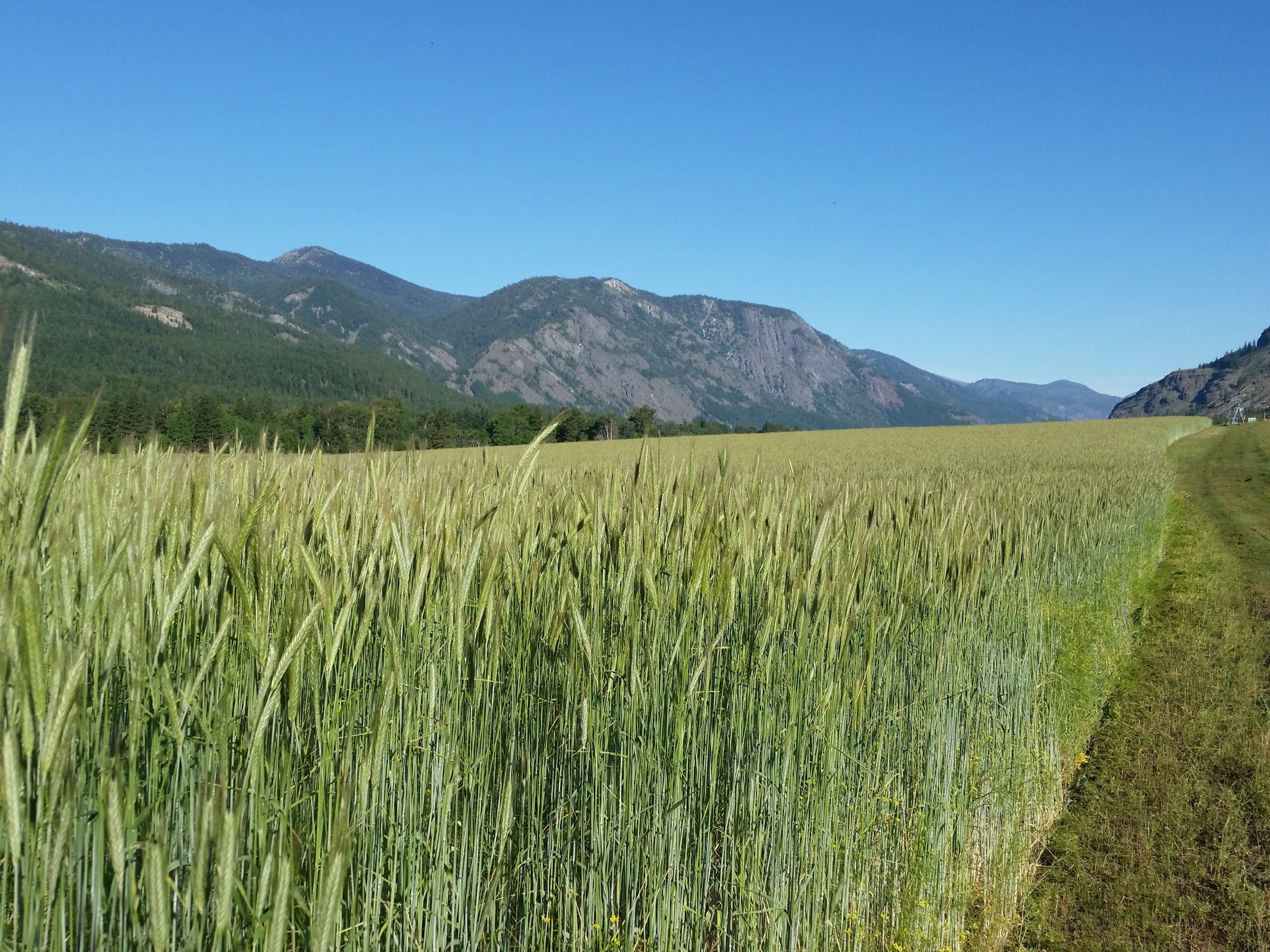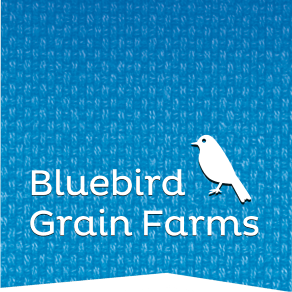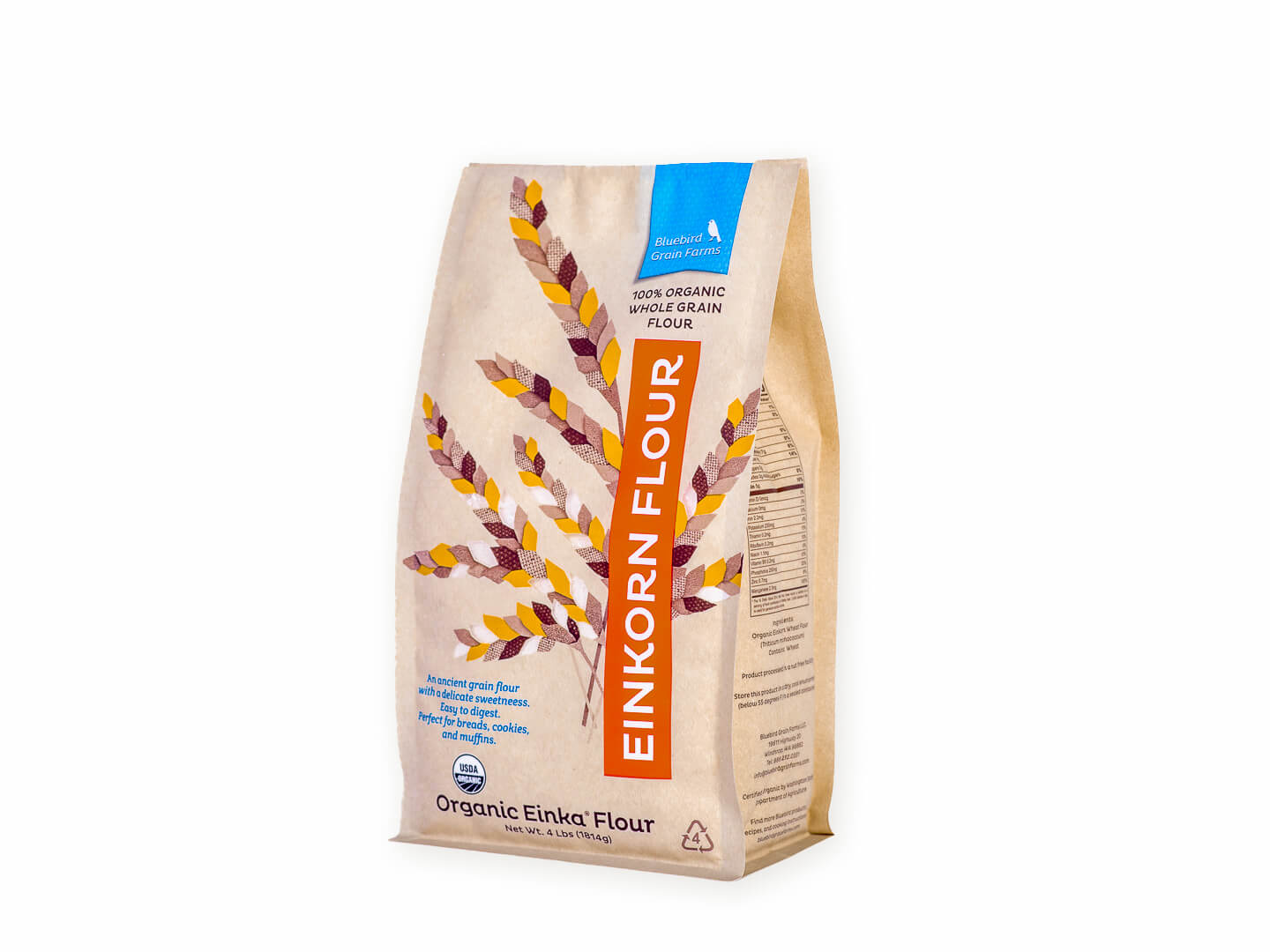
There is a bird I’ve yet to identify that wakes me each day at dawn even before the natty house wrens set to chatting. I am awake. I am of the sort that once awake to birdsong and gathering light I seldom go back to not being awake. Just past the Summer Solstice, wake-up time now generally means 4ish here in the foothills that reach hard against Canada’s border. Then the wrens. Then the robins, the Jays, the quail, the coyotes…. At last, a farmer with coffee (5ish) on the porch, and the brilliant western tanagers alight on the rim of the birdbath. Followed by fledgling flycatchers, warblers, and orioles. Did I mention June was a lively month?
And one with sweet juices if we are lucky. After a very warm late May that bumped into June, “Junuary” returned. Temperatures dipped to the 30’s some evenings, fresh breezes kept the grasses dancing, snow fell to 4000 ft, and finally, it rained! Only once really, but it rained anywhere from ½ – ¾ inch and stayed cool. However, as I tap these keys, of an evening, the mercury sits at 95 degrees FH outside with temperatures promised well into the 100’s upcoming. Oh dear, what shall we do?
Thanks to our nice snowpack we’ve plenty of supplemental irrigation water here, unlike most of the West. The odd thing is, I seldom use near the amount we’ve been allocated growing our grains. In fact, the only reason I’ve turned on the water to the spring wheat is because of the predicted and lasting heat. I was pleased to walk fields yesterday and still be able to probe down 3” to natural moisture. Still, 100 degrees is rough on young spring grain that is only in the 3-leaf stage and so I began just our second cycle of watering for the season.
Our 7 foot tall, Treebeard winter rye is all filled out, and too tall to water any longer anyway. Our winter hard red wheat crop is looking full and we’re done watering it as well. Both are finished pollinating and are now filling nicely. These winter grains should not be compromised too terribly by the excessive heat. They may just finish out a little earlier if the heat remains, which in turn could lead to an earlier harvest.
Right now, the towering rye offers refuge and actual shade for any number of creatures, including birds. I was mowing along the field edge a few days ago and from 30 feet into the thick of the stand, out flushed a covey of partridge. Further up the field out flushed a doe and her two fawns. That fast I felt like an invasive species! I kept going fast as I dared, and finished up so as to let peace return to the “forest” of rye.
At the granary, we’ve been plugging along. Early June continued to be busy on the coattails of May but as the heat comes, and the month edges past Solstice with the now full “Strawberry Moon”, orders have slacked some. This has given us a chance to catch up on all sorts of odds and ends, including maintenance of machinery and buildings and storage. We don’t like to be “down” for long, but it is nice to have some slow-ups to reorganize a host of things. Our crew is small, and that means many days are spent just prepping and shipping orders with little time for anything else. Our crew is what they call now “Cross-trained” I guess. Everyone on board is willing to fill in when needed with no one being too specialized. We have a great crew. What we need right now outside the granary is an ice field!!
To be sure, summer is upon us. Much of this state and the grain-growing regions from here to the Prairie are bone-dry so crops – both “conventional” and organic are suffering big time. We don’t like to see any farm suffer. We do and will need to, however, reevaluate what we farm as a nation, and what is more gentle on the most important resource we have: Open Lands. Most people would agree increasing temperatures, and decreasing water supply is on the menu for quite some time to come.
We’re grateful for the “re-opening” of the world so as to speak. Or at least the thought that we can go most of the way back to “normal.” As I’ve said before, we are not out of the woods with this pandemic but I hope the valuable lessons we’ve taken from it are not soon forgotten.
School is out; please take good care of one another and enjoy.
Yours, Farmer Sam

